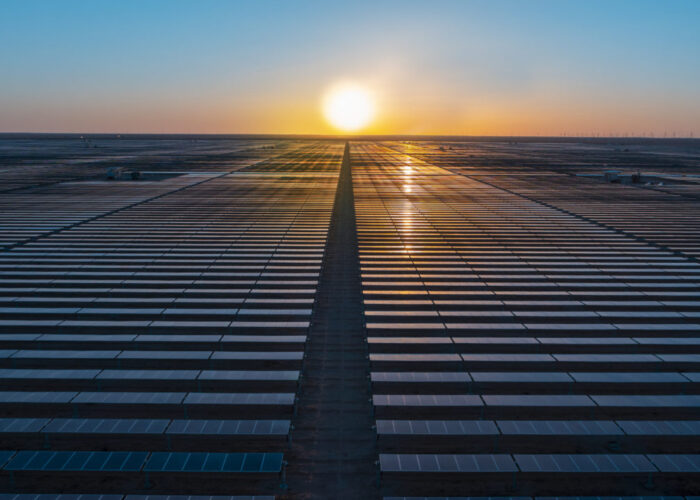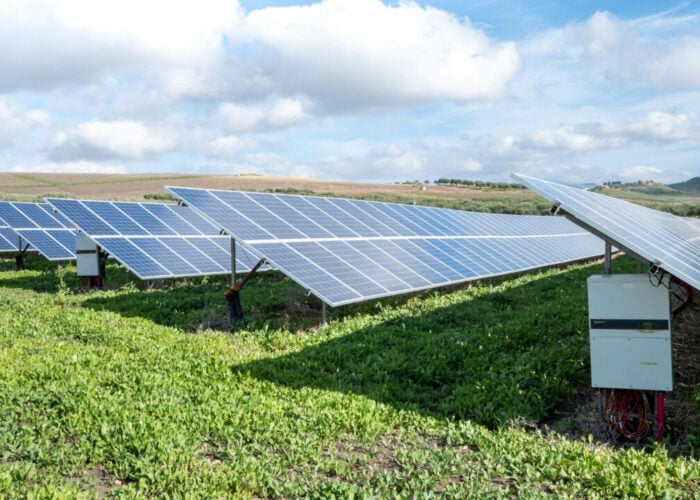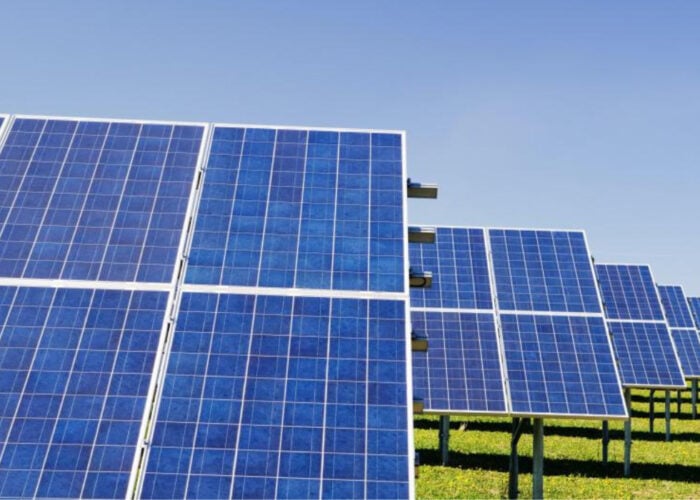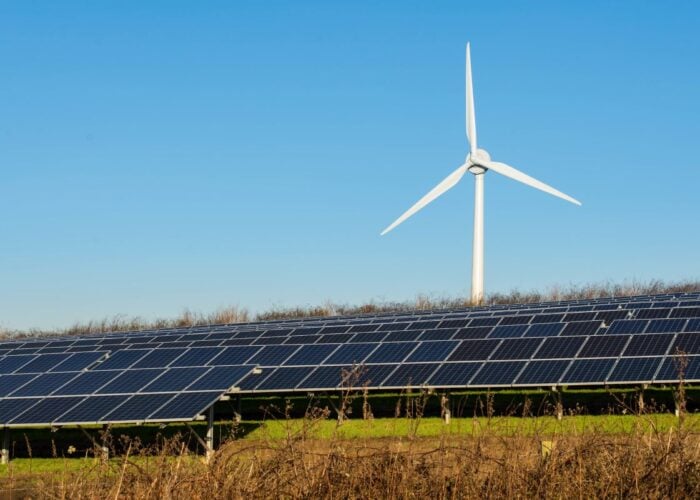The US commerce department’s decision to slap hefty tariffs on Chinese and Taiwanese solar imports is “already hurting” US-based manufacturers, the body opposed to punitive trade policies has claimed.
The Coalition for Affordable Solar Energy, headed by PV pioneer Jigar Shah, yesterday said the tariffs, finalised by the department last week, posed a threat to US solar companies, citing module manufacturer, Suniva, and polysilicon firm, Hemlock Semiconductor, as two early casualties.
Unlock unlimited access for 12 whole months of distinctive global analysis
Photovoltaics International is now included.
- Regular insight and analysis of the industry’s biggest developments
- In-depth interviews with the industry’s leading figures
- Unlimited digital access to the PV Tech Power journal catalogue
- Unlimited digital access to the Photovoltaics International journal catalogue
- Access to more than 1,000 technical papers
- Discounts on Solar Media’s portfolio of events, in-person and virtual
Shah said in a statement: “Imposing unilateral tariffs on all solar modules assembled in China, including those with solar cells produced in the US, Taiwan or any third country, will undercut the growth of American solar jobs and hurt our domestic solar industry.
“Suniva, based in Norcross, Georgia, is America’s leading solar manufacturer. But the Department of Commerce’s decision to broaden the scope of the case may put American companies like Suniva in the bizarre position of paying severe import duties on a product (PV cells) they manufactured in America when those cells are assembled into modules in China.
“More drastically, Hemlock Semiconductor announced that it plans to close its Clarksville, Tennessee manufacturing plant due to ‘ongoing challenges presented by global trade disputes’. Over US$1.2 billion of investment and 50 jobs will be lost, in addition to the 400 jobs already lost to layoffs in 2013 as a result of the initial 2012 tariffs.”
The specific trade dispute that has caused Hemlock problems was the imposition by China of import duties on US and South Korean firms rather than the current cell and module dispute. But China’s stance on polysilicon was seen as retaliation for the earlier round of cell and module duties imposed by the US in 2012.
Shah said that in the context of the recent US-China commitment on carbon emission reductions, it “makes absolutely no sense to impose unproductive tariffs on solar imports that also damage US solar companies”.
“We continue to urge the governments of the US and China to accelerate negotiations to preserve free and fair trade in the global solar industry. Affordable solar panels are a good thing for the US, China and the world.”







